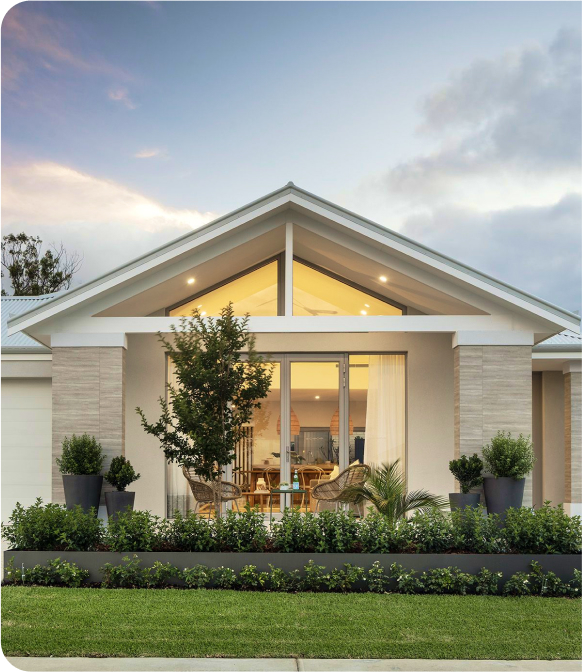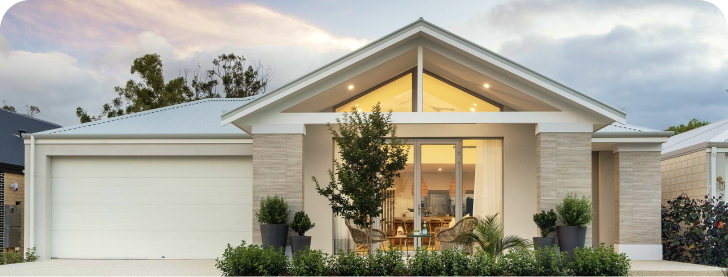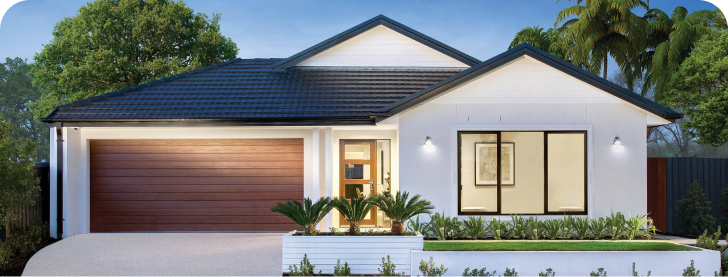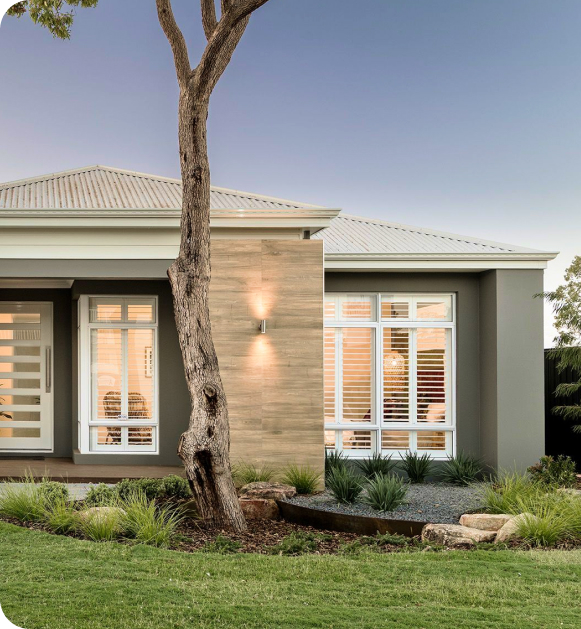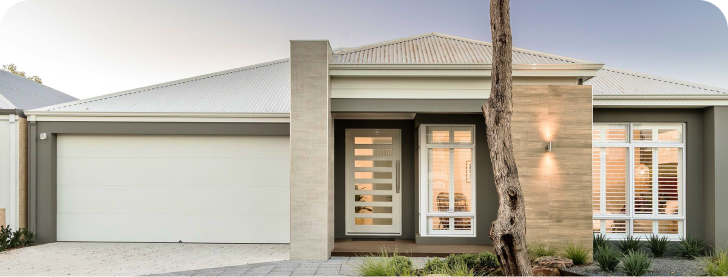
An accessory dwelling unit (ADU) has reshaped the housing market, and it is quite difficult nowadays to find a primary residence without a unit on the lot. The reasons for it are various. Certain property owners want to increase the overall property value, others create a guest house, while for many homeowners But for a huge number of property owners ADUs have become an amazing opportunity to obtain their own rental property and get passive income.
For many homeowners who want to start their renting business and generate rental income, the question of income taxes and property taxes has always been one of the most important ones. The taxes nowadays can be so intricate that many owners even hire professionals so they can manage property taxes and rental expenses instead of them.
In the following article, we would like to tell you more about all sorts of taxes and how one can manage them successfully. Let's dive into the problem together!
Taxes are a complex question, and when it comes to figuring out different tax ramifications concerning the existing property, problems may occur. To be aware of taxes for both an existing home and an additional unit, you must be aware of some concepts.
The following terms will help you navigate the different world of property taxes easier:
Further in the article, we will examine some of these concepts closely.
An example of intricate taxing can be the implications connected with ADUs as vacation rentals. There is a clear process that will help you figure out the exact rules and decide on the sum of money you will need to pay.
First, you need to calculate the extra income you get from renting out an ADU. Basically, it includes payments from all the tenants that have visited your new construction in a given tax year. Next, you will need to report the sum using a variety of different forms and schedules (like Schedule E and Form 1040). You can find the exact set of actions on the site of your local authorities. Don't forget to claim depreciation if it is eligible as an investment property.
If you feel trouble figuring out the income from rent and expenses related to renting out an ADU, you can always consult with the professionals.
Deductible expenses are an important concept that every landlord should understand, as it plays a significant role in the assessed taxes for your new ADU. Having these expenses will help you decrease the overall taxable income, which will lead to tax savings.
You are a lucky one if you have a mortgage on the property. Mortgage interest will let you lower the taxes for the ADU used as a vacation rental. Normally, after every tenant, it is crucial to have maintenance or at least cleaning. If you order such services, they also affect the taxes and count as expenses you can deduct.
People working on the existing structure can also help you lower the amount of money you pay. If you have hired specialists that worked on your taxed properties, you can expect to have the taxes deducted.
If you think that using platforms like Airbnb will save you from taxes for ADUs that you have rented out, you are wrong. Here, the same rules work just like with normal ADU usage, and your income will be subject to the very same taxation.
However, such platforms can offer you carefully counted taxes as they can do it automatically based on the assessed value, and you will only have to apply for a certain organization.
Yes, tax rates can be different, and in another state or jurisdiction, it will be more or less for your ADU. However, in state law, there may be certain differences concerning the reporting process.
For example, in certain jurisdictions, it is mandatory to report profit from renting out a house to the local tax authorities. But there is a choice as you can do it on a regular basis or through an annual reporting process. You can check different implications on special sites. Also, certain states make licensing and insurance mandatory for using an accessory dwelling unit (ADU) as a property for business. Don't get into this pitfall when figuring out construction costs for building an ADU!
Renting out an ADU, even for less than 14 days per year, can still be a profitable business. Let's determine some considerations for this approach to a living space.
The benefits are the following:
Keep these moments in mind, and you won't face any difficulties using your building as a rental unit for less than 14 days.
As for renting out your accessory dwelling unit for more than 14 days, there is almost nothing new we can tell you about, as the very same norms can be applied here. You will have the same rental expenses, your income is fully taxable, and you may need regular licenses and permits.
Another addition here is depreciation. You can claim a depreciation deduction in case you use the result of your ADU project as a unit to rent out next to your primary residence. Here it can give you an additional tax benefit.
Will the way you use an ADU affect anything? For sure! Renting out only a portion of your ADU means that blended assessment applies to the money you owe the government, as different property tax implications are involved. Moreover, the depreciation in this case will be limited.
However, with the usage of it as a second home, there are different elements to keep in mind. For example, you will be able to claim depreciation easily. Moreover, the amount of deductible rental losses is limited here.
Your ADU project can be used as a rental property, as a hobby, or as a business, and you should keep in mind the different laws that are applied here.
In both cases, the money you get is taxable, be it a hobby or a business. Consequently, the same idea is applied, and you will need to report this on your tax return.
In the first case, you can write off a wide range of costs, including the cost of maintenance, the cost of cleaning, and the cost of property management. As for the latter option, you can subtract only mortgage interest and property taxes.
Here you have to choose the right form for reporting the money you get. To find out about the correct schedule and form, consult with a specialist.

There are some moments to keep in mind if you have decided to sell your ADU. First, if the unit was your primary residence for the previous five years, you may qualify for the exclusion. Next, the resale value and market value can go up or down from the original purchase price for a new construction, depending on depreciation and improvements that have been made.
Before selling your property, you should consult with professionals who will tell you everything needed about mortgage interest, market value, added value, and property tax, so you can sell your guest house in a proper way.
It may be quite expensive to start a new construction for landlords. The costs can depend on the amount of living space you need to create, the cost of materials, the difficulty of construction, and the needed insurance.
Building an ADU is one of the most popular options to increase the value of the lot with the main home. As it will be located in the backyard, in case you want to sell the whole lot, the cost of it will surely skyrocket.
First, the unit should stand on the same lot as the main house. Next, the time cannot be assessed right now, but it will take 6-8 months to complete. Also, depending on the ADU variant, the price can also be different.
